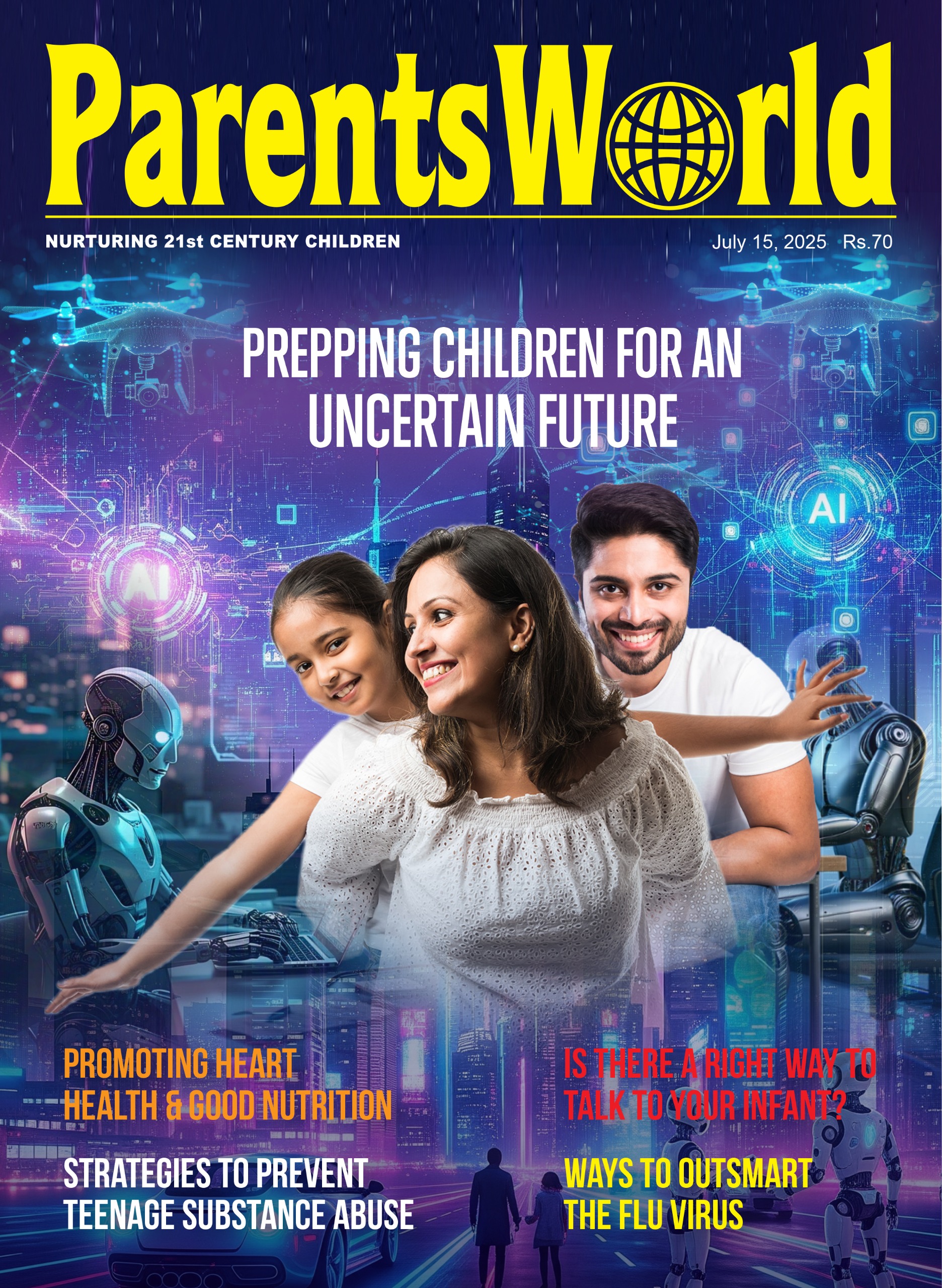Fear of rejection drives children to conform
Children who feel anxious about being rejected are more likely to conform to academic expectations such as studying harder or following classroom rules, says a recent study conducted by University of Georgia, USA. They are also less likely to engage in troublemaking behaviour. On the other hand, children who actively expect rejection tend to resist conforming to academic behaviour and popular trends.
The study, led by researcher Cayenne Predix, surveyed more than 350 class IV-V students who answered questionnaires to measure how likely they were to follow their friends’ behaviour in three areas: academics, trend-following and troublemaking.
“Rejection sensitivity is a disturbing characteristic in children. When children are rejection sensitive, they might worry and become withdrawn or angry and become hostile. If they’re trying to fit in and not get rejected, they might learn to conform, ingratiate themselves or be less assertive. Rejection sensitivity is also a good predictor of depression, even before the onset of symptoms,” says Michele Lease, professor in the department of educational psychology and co-author of the study.
Plasticizers exposure during pregnancy affects newborns’ neurodevelopment
Exposure to phthalates — a group of chemical compounds primarily used as plasticizers commonly found in a variety of cosmetics and personal care products and plastic food and beverage containers — during pregnancy can affect newborns’ metabolism and brain development, reveals a study published in Nature Communications (April). Researchers from Emory, North Carolina, Chapel Hill, and Columbia universities — all in the USA — found these chemicals not only enter women’s bodies and disrupt maternal metabolism, but also impact the metabolism and neurobehavioral functioning of newborns.
“This is the first study to demonstrate that a mother’s exposure to phthalates can impact babies metabolome and also the first to show that these biological changes can impact development of newborns. This is important because there is a common belief that the placenta protects the baby from a lot of harmful substances. But this study supports that phthalates are able to cross through the placenta and impact infants’ biology before they are born and negatively affect their development over time,” says Susan Hoffman, study first author and recent graduate of the Epidemiology PhD program at the Rollins School of Public Health.
Children’s mattresses emit toxic chemicals
A study published in Ecotoxicology and Public Health (April) has found evidence of alarming levels of toxic phthalates, UV filters and flame retardants emitted by mattresses in children’s bedrooms. Over time, the chemicals diffuse into the air and can be inhaled, absorbed or get attached to dust.
Researchers examined 16 children’s mattress brands and found they contained these chemicals. Then, using a simulation, the team found that the warmth and weight of sleeping children increases off-gassing of these toxicants. “We measured chemicals in the air of 25 bedrooms of children between the ages of six months and four years and found levels of more than two dozen phthalates, flame retardants and UV filters,” says senior study author Miriam Diamond, professor in the Earth Sciences Department of the University of Toronto.
Gestational diabetes raises ADHD risk in children
A recent study by researchers of Edith Cowan University (ECU), Australia, has found that children born to women who experience gestational diabetes during pregnancy are more likely to develop attention-deficit hyperactive disorder (ADHD). ECU honorary researcher Dr. Rachelle Pretorius and Prof. Rae-Chi Huang examined data of 200,000 mother-child pairs across Europe and Australia and found these children displayed ADHD symptoms including hyperactivity, impulsivity, defiance, and aggression.
“While the exact mechanics of gestational diabetes influence on child development is still unclear, it is believed that acute and chronic maternal inflammation during pregnancy may influence certain pathways in a child’s brain programming in-utero and contribute to neurodevelopment, cognitive and behaviour outcomes later in life,” says Pretorius.























